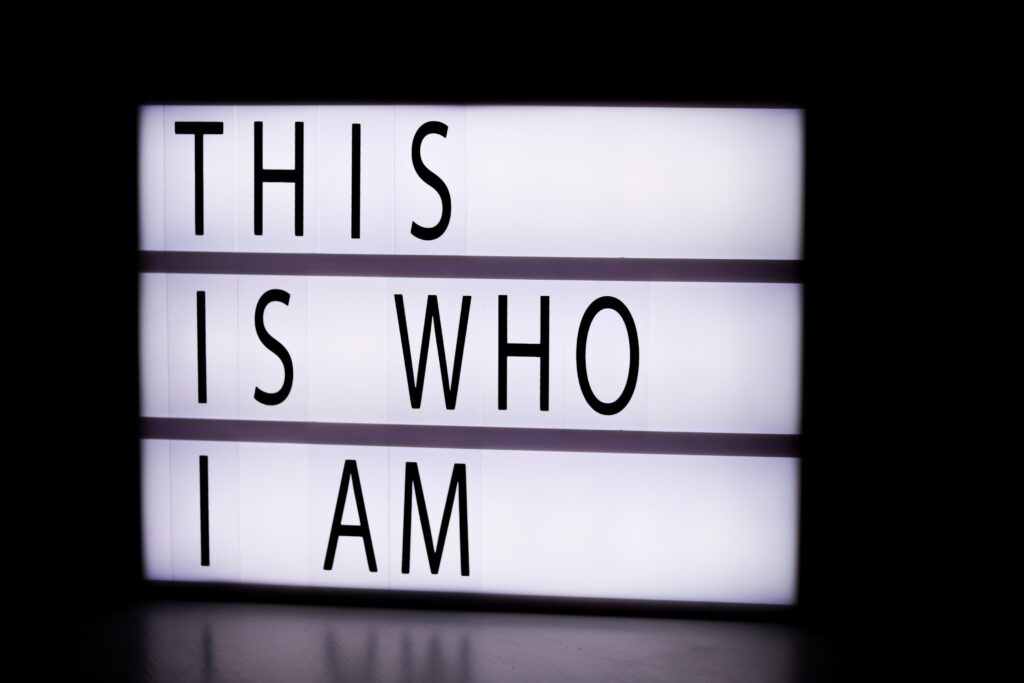
The key to standing out in the job market is being remembered, and one of the best ways to make someone remember you is to have a unique personal brand. Your personal brand paints an image of who you are as a person and a professional.
Your unique personal brand includes both your online presence as well as your networking and interview strategies. Every social site on which you appear and everything that is searchable about you online is potentially part of your brand.
I know that at first, thinking about your online personal brand can seem a little scary. Fortunately, we have a few simple tips to help you establish or improve your personal brand online.
1. Be Easy to Find
Your content and profile information should be consistent across different sites. You don’t have to use the same exact bio everywhere, but it should be similar enough on each platform that someone who has seen you on more than one site recognizes you instantly. You should also make use of keywords to ensure that you are among the results when people search for content about your areas of expertise.
Where to start:
- Your profile photo should be the same. Get one professional photo of yourself that you like, and get used to it, because using the same picture across platforms makes you easy to find.
- Match your customized URLs and social media handles. Even a small difference, such as using your initials on Twitter and your full name in your customized LinkedIn URL, can send someone searching for you in the wrong direction.
- Add more skills on LinkedIn. Did you know you can add up to 50? LinkedIn skills help you get endorsements and matched with jobs. They also provide a quick, scannable resource that allows employers, hiring managers, and potential connections to get to know what you’re about.
2. Have Your Own Website or Blog
No matter your field, showing expertise by weighing in on industry trends gives you credibility. Only some people have the time and energy to submit writing to journals and magazines, but the internet makes it easy to create your own space to show your skills. The medium doesn’t matter as much as how well you tell your story, but having your own website and domain name will look more professional than using a free account.
Where to start:
- WordPress, Wix, and Squarespace are free or low-cost solutions that offer built-in website builders and pre-made templates. I recommend WordPress because it is open-source software and features a wide range of plugins. If you decide to use a website developer later on, they’re likely to know how to work with your existing WordPress site.
- Really not into writing? Fortunately, podcasts and videos are very popular. You can also market yourself with LinkedIn videos, Tweets, and YouTube. Of course, let’s not forget TikTok. Your chosen platform and media depend on your time availability, industry, and comfort level.
3. Talk WITH People, Not AT Them, Online
It’s easy to schedule posts for your Twitter, blog, or Facebook page and forget about them but that can hurt more than help. Social media is all about engagement, and engagement goes both ways. You’ll get more interactions if you quickly respond when people reach out to you through retweets or comments. You might also choose to pay attention to trends and important topics, so your posts are timely and relevant.
You want people who follow your social media, blog, or website to get to know you through what you post. Don’t distance yourself from your content. Make your online presence a genuine reflection of your beliefs, what you like, and how you work.
Where to start:
Consider what you enjoy most about your job or field, and think about how that relates to other fields or hobbies that you have. Drawing connections gives you a unique angle. Another post about the importance of STEM education will get lost in a sea of similar content. A post about how your time on a roller derby team or your love for anime influences you as an educator will get more attention.
4. Clean It Up
Since your web presence needs to be a genuine reflection of your professionalism, there are probably some things you need to reevaluate. Someone thinking about hiring you could find your private social media, such as a Facebook account you use only for friends. Ensure those accounts don’t have any public posts that could make you appear unprofessional or irresponsible. Also, consider that your profile picture and cover photo are typically public, even if none of your posts are.
Another aspect of ‘cleaning it up’ is ensuring your professional profiles and official social media are up-to-date. If you have media posted on LinkedIn, check every month to make sure none of the external links are broken. Occasionally, you may find that a website has migrated to a new domain or removed an old publication of yours entirely. If you’ve written blog posts that hyperlink to other sites, articles, or videos, check those as well.
If you haven’t thought much about personal branding before, consider making some of these changes to your web presence. Considering that 70 to 80% of jobs are not advertised publicly, one connection or follower you gain could be your gateway into a new career.
If you’d like to have a conversation about how you can maximize your connections through your online presence, book a free call!
